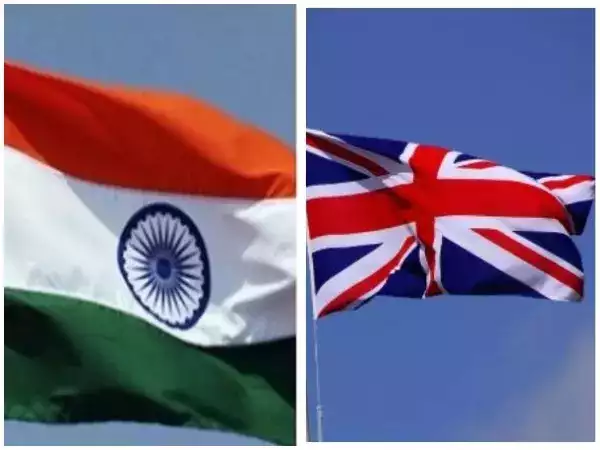The medical devices sector in India and the UK is a key focus as the two countries negotiate a free-trade agreement, with the rules of origin remaining a major sticking point. Currently, India imports about 80% of its medical device requirements, with top exporters including the US, Germany, China, Singapore, and the Netherlands. Talks are underway to address issues related to customs duty concessions and rules of origin, with an aim to resolve differences in both the goods and services sectors.
The Indian government has taken steps to promote domestic manufacturing of medical devices and attract investments in the sector through initiatives such as the Promotion of Medical Device Parks, National Biopharma Mission, and a production-linked Incentive scheme. It’s noted that six major categories of medical devices are being mainly imported into the country, including consumables, disposables, electronics and equipment, implants, IVD reagent, and surgical instruments.
The ‘rules of origin’ provision is a key consideration in the FTA negotiations, aiming to prevent dumping of goods in India. However, experts suggest that India should be cautious about giving duty concessions, especially for equipment not manufactured domestically. Discussions between the two countries cover a wide range of policy areas, with investment also being negotiated as a separate bilateral investment treaty with the UK.
Market access for Indian pharmaceutical products in the UK is a focal point, with India also seeking similar arrangements to those in place with the UAE and Australia. Regulatory cooperation with the UK’s Medicines and Healthcare products Regulatory Agency is also being explored. While the negotiations for a free-trade agreement are ongoing, India and the UK continue to engage in substantial bilateral trade, with bilateral trade increasing to USD 20.36 billion in 2022-23 from USD 17.5 billion in 2021-22.

